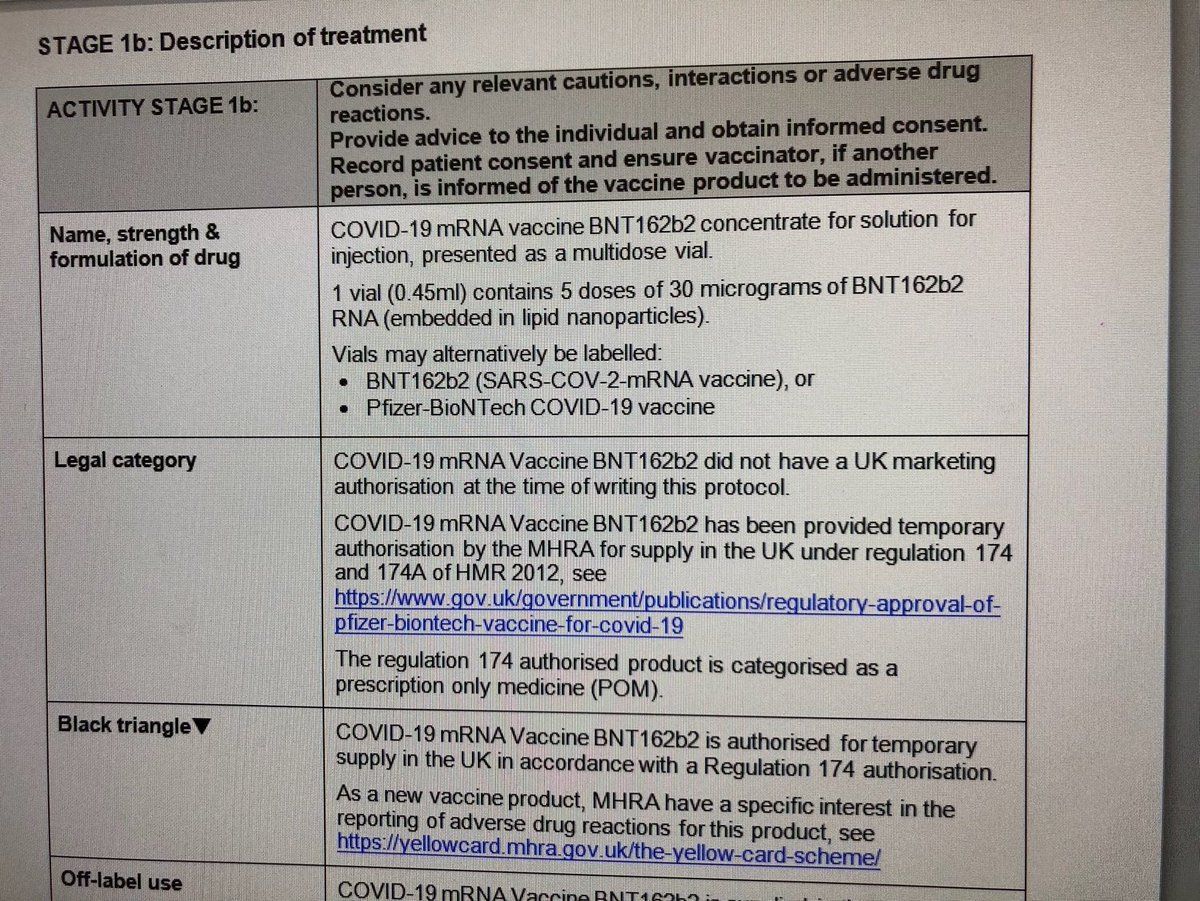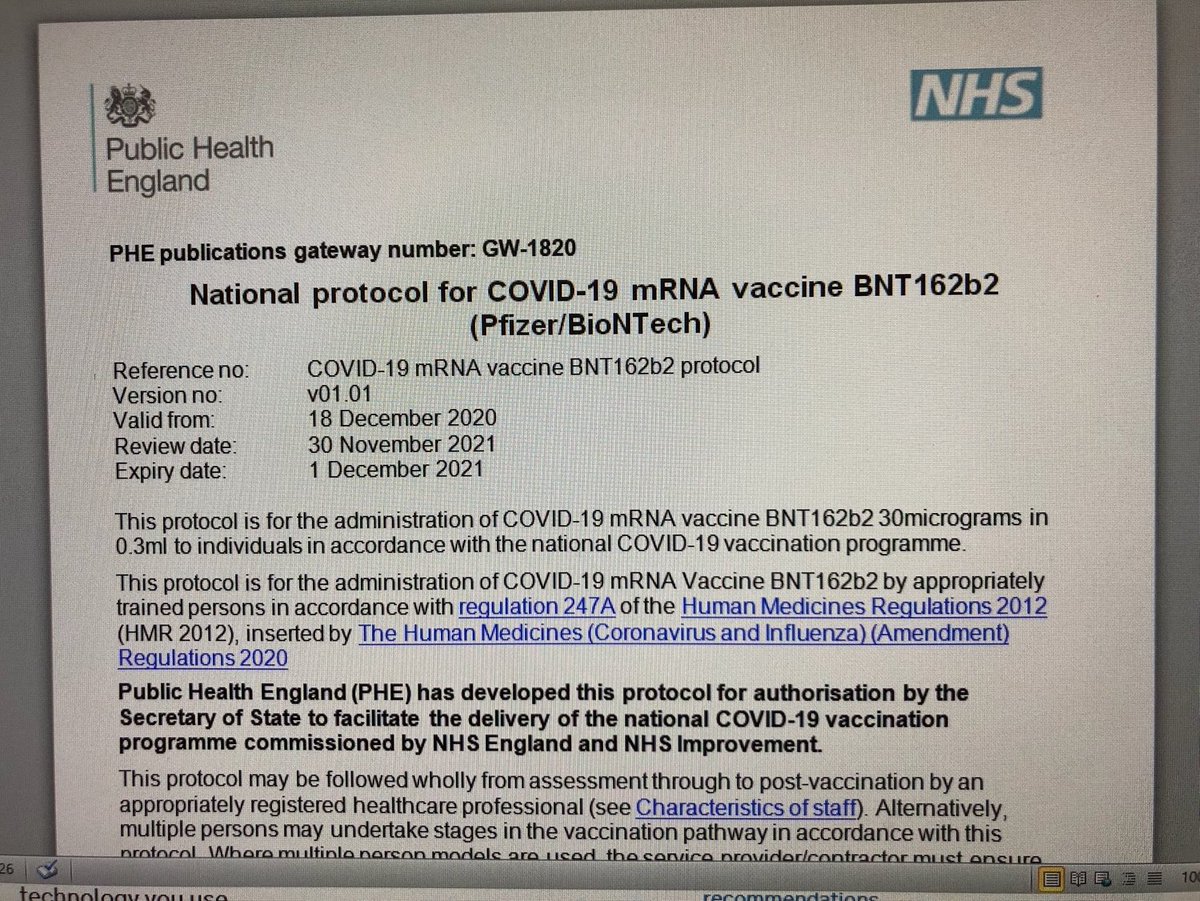
When any case of the South African Covid19 strain turns up in the UK - and “dozens” have turned up according to government officials and scientists - a massive and aggressive old-fashioned system of contact tracing kicks into action (knocking on doors, taking statements...
about who has been in contact with the infected person, rapid testing of contacts). So far “at least one case” of the SA strain has been identified with no “obvious” link back to someone who imported it. In other words it is indicative of - as yet - limited...
community transmission. Obviously the good news is that the spread of the SA strain will be constrained by the lockdown. The more depressing news is that the arrival of the strain shows the risks of easing lockdown prematurely. The danger “will be greatest as we...
relax social distancing”, as one public health official put it to me. So it really matters that all those with the new strains (SA, Brazilian and anything else that may turn up) are found and put into strict quarantine before 8 March, that earliest of dates to relax lockdown
• • •
Missing some Tweet in this thread? You can try to
force a refresh





